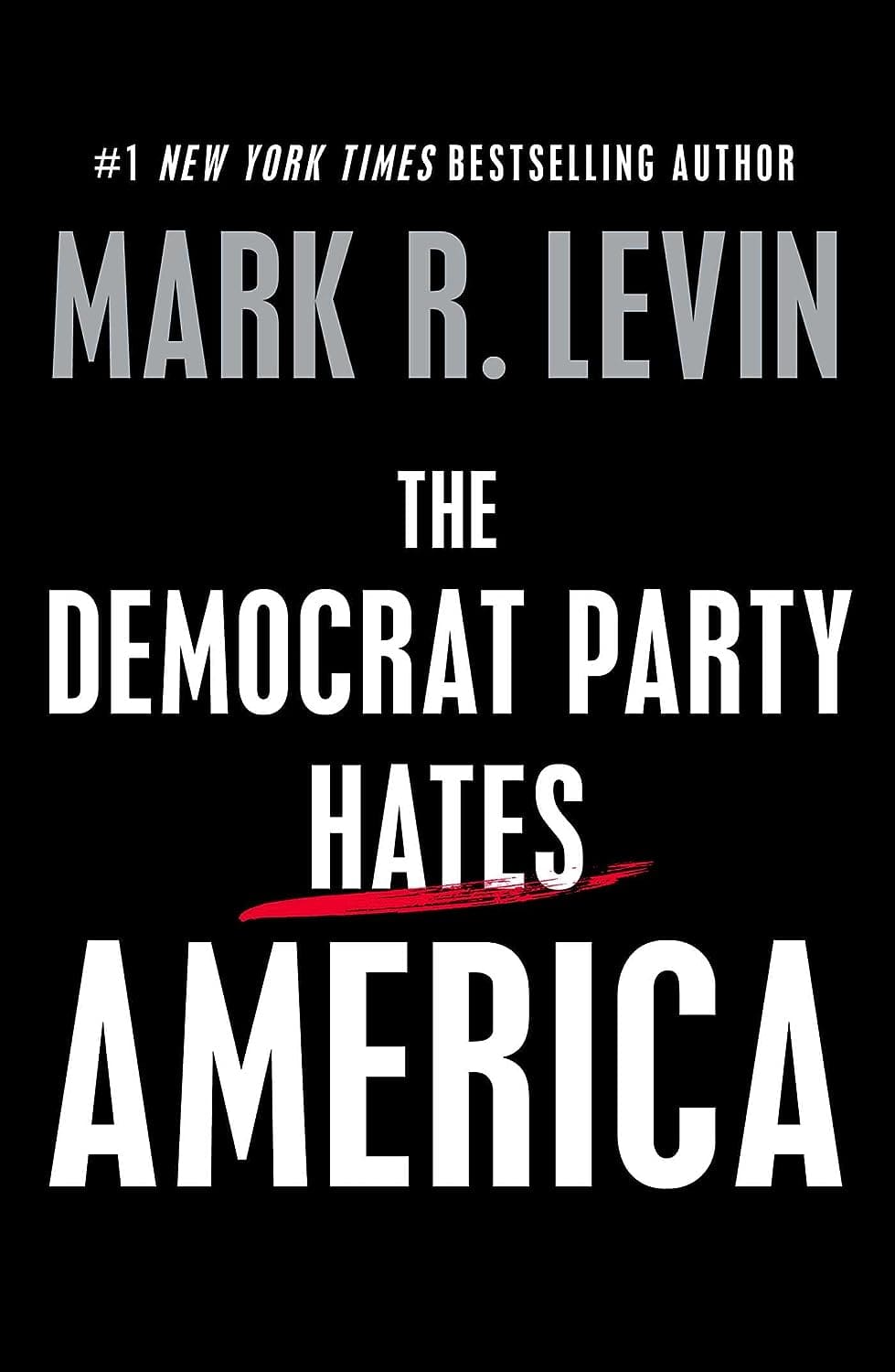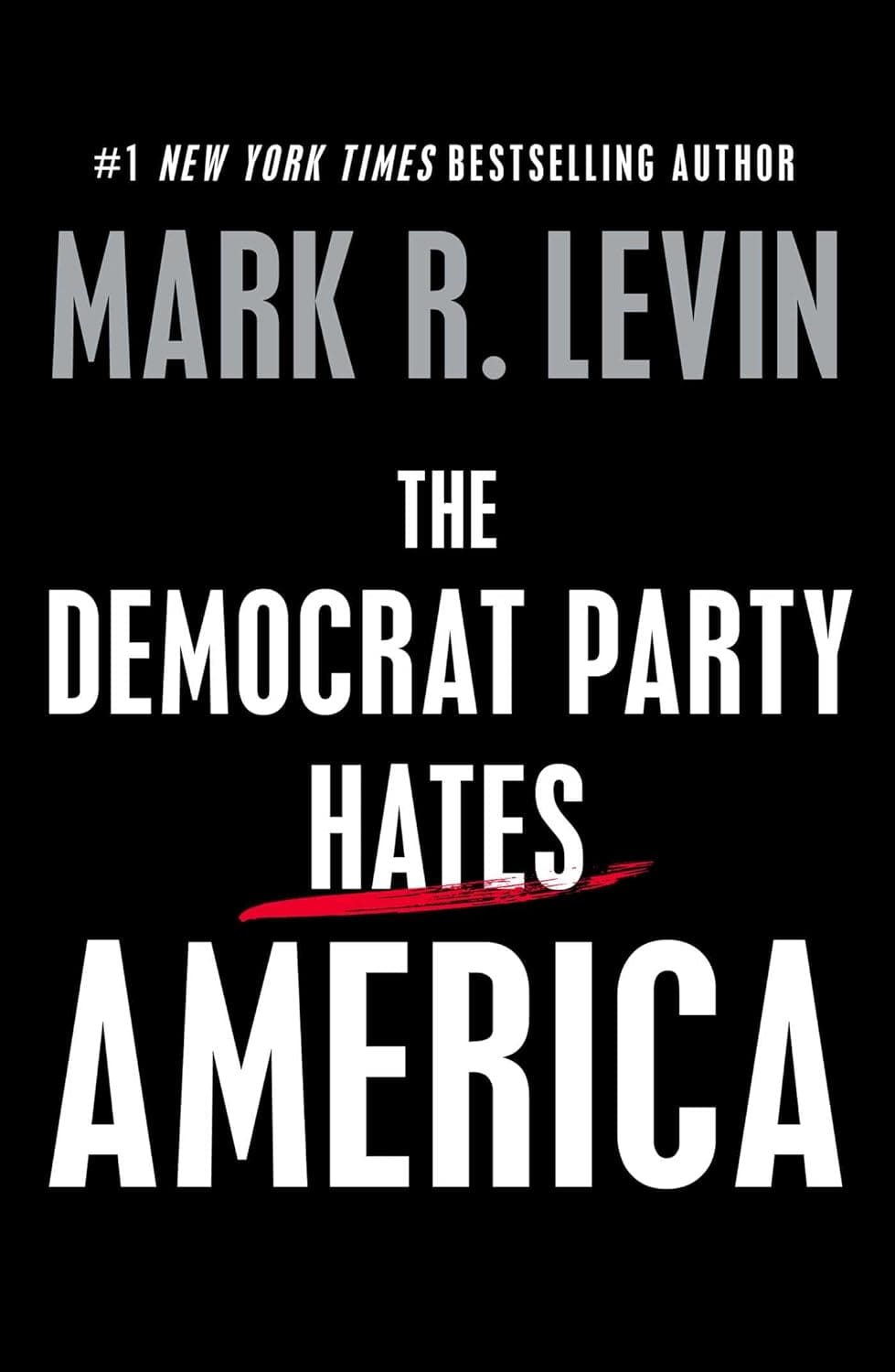Politics & Social Sciences
Politics & Social Sciences: An Interplay of Society and Governance
Politics and social sciences are both crucial fields of study, offering insights into human behavior, societal structures, governance, and more. They might seem overlapping, but there are nuanced distinctions between them. Delving into these disciplines can shed light on their importance and interrelation.
1. What is politics and social science?
Politics: At its core, politics pertains to the processes, actions, and affairs involved in making decisions for a group or a nation. It often relates to the distribution of power and resources within a particular community. Politics encompasses the structures (like governments and international organizations), practices, and activities (like voting or lobbying) that guide and influence decision-making at various levels.
Social Science: This is an umbrella term for disciplines that study human society and relationships. It includes sociology, anthropology, economics, psychology, and, notably, political science. Using empirical and statistical methods, social scientists study societal patterns, human behavior, cultural dynamics, and much more.
2. What is the difference between political science and social science?
While political science falls under the broad canopy of social sciences, there are key differences:
- Scope: Social science is an extensive field covering numerous disciplines. It delves into various aspects of human behavior, society, and culture. In contrast, political science narrows its focus specifically on the theory and practice of politics and governance.
- Methods: Though both disciplines often employ empirical research methods, political science tends to zero in on political systems, political activities, and political thoughts. Meanwhile, other social sciences might utilize diverse methodologies suited to their specific studies, like ethnography in anthropology or case studies in sociology.
- Application: Political scientists often find roles in government, policy-making, international relations, and more. Meanwhile, other social scientists might work in a broader range of sectors, from marketing (using insights from psychology) to urban planning (employing sociological knowledge).
3. What is the relationship between social science and politics?
Their relationship is symbiotic. Here’s how:
- Influence on Policies: Social science research can influence political decisions. For instance, findings in sociology or economics can shape policies on welfare, education, or economic reforms.
- Understanding Voter Behavior: Political campaigns often rely on insights from psychology and sociology to understand voter behavior, tailoring their messages accordingly.
- Globalization and International Relations: Anthropology and cultural studies provide valuable insights into cross-cultural interactions, vital for diplomacy and international politics.
- Assessment of Political Systems: While political science offers direct evaluations of different governance systems, other social sciences contribute by analyzing the societal and cultural underpinnings of these systems.
4. Why is political science important in social science?
Political science holds a special position within social sciences for several reasons:
- Deciphering Governance: It directly examines how societies are governed, from local communities to global entities. Understanding these structures is pivotal to grasp the broader societal picture.
- Bridge between Disciplines: Politics affects economics, sociology, and more. Thus, political science often acts as a bridge, connecting various social science disciplines.
- Direct Societal Impact: The study of political science can lead to tangible changes in society. Policy-making, governance reforms, and international treaties are directly influenced by political research.
- Human Rights and Justice: At its heart, political science often grapples with issues of justice, equity, and human rights – themes intrinsically connected to the overall human societal experience.
Conclusion
Politics and social sciences, while distinct, are interconnected domains that offer valuable insights into the fabric of societies. While politics zeroes in on governance and decision-making, social sciences provide a broader understanding of human society in all its complexity. By understanding both, we can form a more comprehensive picture of our global community, its challenges, and its opportunities.
Showing all 3 results




